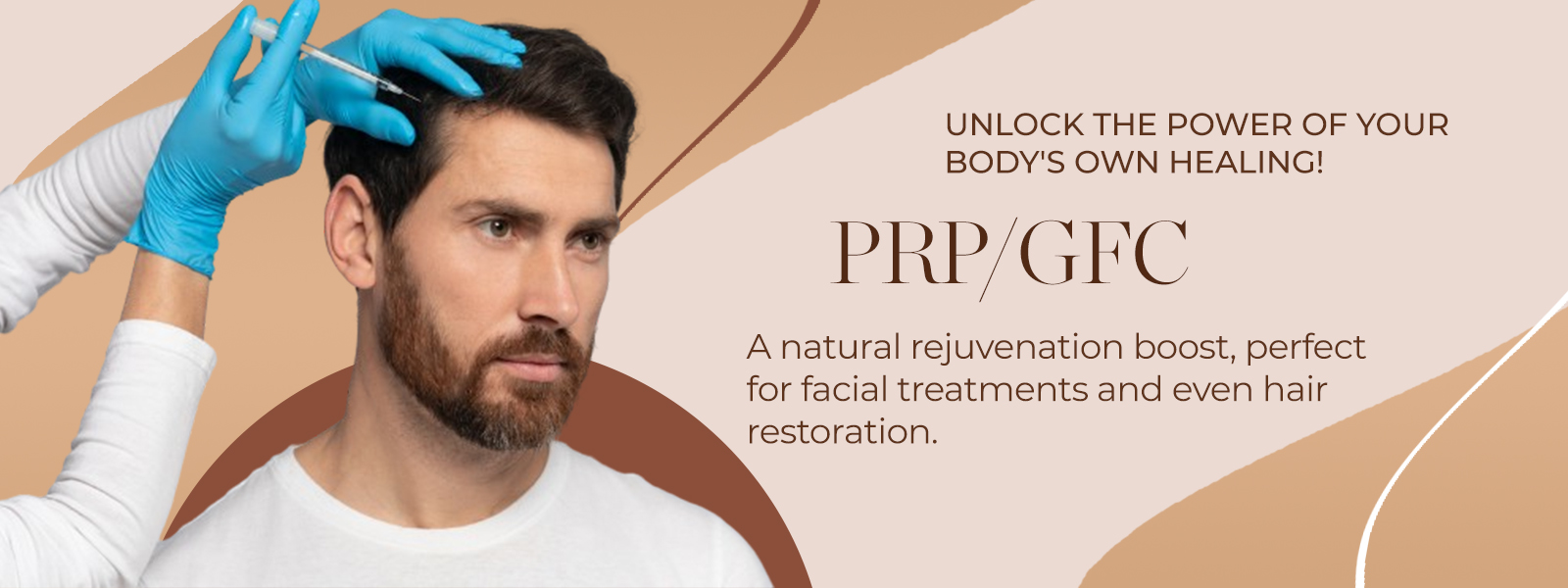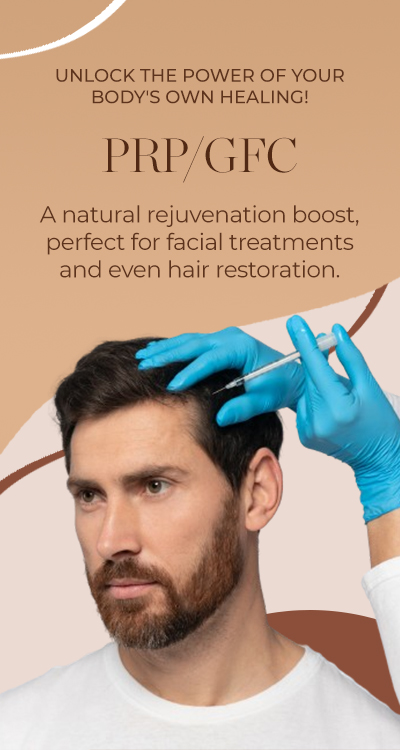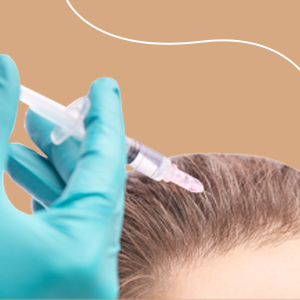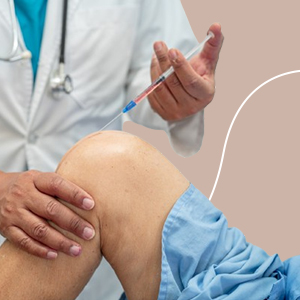

At A Glance
| End Result: | Gradual improvement over a few weeks |
|---|---|
| Socially fit: | After 2-3 days |
| Fit for desk work: | Immediate |
| Procedure: | In the clinical setting, topical or local anaesthesia |
| Risk: | Minimal, potential for mild bruising or swelling |
| Pain: | Mild, often well-tolerated |
| Active exercise: | Resume immediately |
| Inconveniences: | Requires blood collection, temporary redness, swelling, or bruising |
What is PRP/GFC ?
PRP/GFC, also known as platelet-rich plasma or growth factor concentrate, is a regenerative therapy used in various medical and aesthetic treatments to promote tissue repair and rejuvenation. PRP/GFC is derived from the patient’s own blood, which is processed to concentrate platelets and growth factors. Platelets contain numerous growth factors that stimulate tissue regeneration, collagen production, and wound healing when injected into targeted areas. PRP/GFC is commonly used in dermatology and cosmetic procedures to improve skin texture, reduce wrinkles, promote hair growth, and enhance overall skin rejuvenation. This therapy can also be used in orthopaedic and sports medicine to treat musculoskeletal injuries, osteoarthritis, and tendon or ligament damage by promoting tissue repair and reducing inflammation.



Why PRP/GFC?
PRP/GFC therapy is suitable for individuals seeking natural and minimally invasive treatments to improve various aspects of their health and appearance. Ideal candidates for PRP/GFC therapy are typically in good overall health, have realistic expectations about the outcomes of the procedure, and have specific concerns such as ageing skin, hair loss, or musculoskeletal injuries. PRP/GFC therapy is particularly beneficial for individuals looking for regenerative treatments that utilize their body’s own healing mechanisms to achieve natural-looking results. It is also suitable for individuals who prefer non-surgical or minimally invasive alternatives to traditional treatments and are seeking treatments with little to no downtime. However, individuals with certain medical conditions such as blood disorders, cancer, or autoimmune diseases may not be suitable candidates for PRP/GFC therapy.
